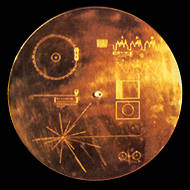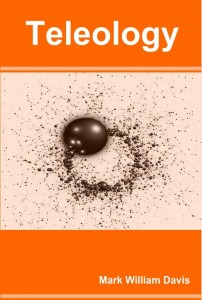My essay for the Berggruen Prize this year. Of course, the organization missed an opportunity to drop down a staggering rabbit hole and lean into a whole new regime of neologistic energetics, but I do like the prize-winning essays!
Rise, Teleonomatons
Meaning entanglements
I can’t figure out what some statements about science mean, though I have a fair background in a range of scientific areas. Now, I can peruse highly technical papers, browse abstracts, interpret graphs, study conclusions, and typically do just fine. The professional stuff is a procession of arid facts and assumes the reader knows the basic definitions for things. It’s the popular versions of scientific insights that befuddle me—especially the definitions that try mightily to bridge meanings for learners. So do introductory texts. Light is a wave? Not exactly. Atoms are particles? Well, not quite, but they are small. Electrons orbit the nucleus? No, really, no. A force is an influence tending to change the motion of a body? OK, but what is an influence? People are influenced, aren’t they? Or under the influence.
And then there are texts like those of existential philosophers that leave me completely befuddled. What is this “Being” that they write about and how did it get so enlarged in significance, capitalized, and shoehorned by the translator into incomprehensible juxtapositions with other bulbous words?
It may be low pedantry to expect clarity from words and writing. We generally just roll with it and use the terms according to conventions inferred from reading and learning. We rush over the imperfect metaphorical bridges, the analogies, the similes. For physics, definitions are bound to the equations and measurement properties that accompany the words of description, and they become a semantic pier that is constantly informing our relationship with the ideas.… Read the rest







